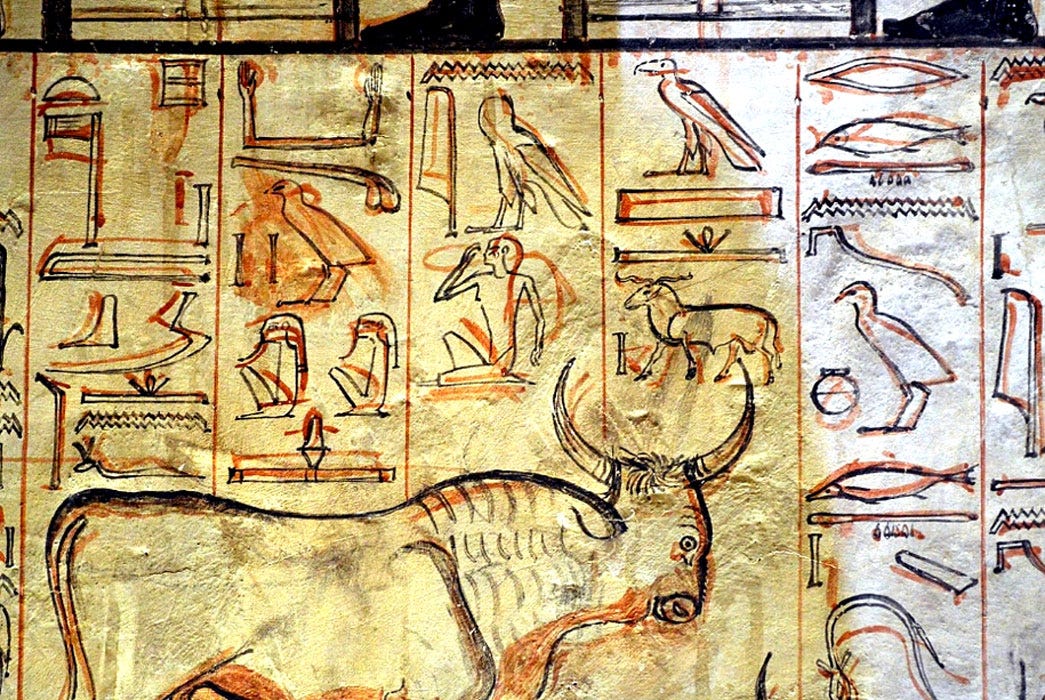Scribes in Egypt: Brilliant Practitioners of the Outstanding Profession – Part II
Scribes were counted among the elite in ancient Egypt and led charmed, yet challenging, lives. They influenced virtually every sphere of the public and private affairs of the citizenry to an astounding degree. Be it the Pharaoh or lay person - everyone needed the services of scribes. This catapulted their lot into a different league altogether; one that would bring them great acclaim and accolades, and even controversy at times. Scribes mostly rendered their services in the royal court, temples and administrative offices. However, their other noteworthy achievements were the result of collaborating with workers in departments such as the army, and the vast numbers of artisans and architects.

Did Women Serve as Scribes?
Due to the general lack of representations of women with scribal tools such as the palette and brush/pen in art; a general misconception prevails that ladies in ancient Egypt were unlettered. This is far from the truth, as in no way does it imply that women did not learn to read and write. Gaining literacy and being a scribe are two different things. For example, we know that Queen Tiye had her own library; but, was she a ‘scribe’ in the literal sense? Those women who were literate usually served in the medical profession - writing or translating texts pertaining to that field. It is also a certainty that many of the temple priestesses were highly-educated women.


